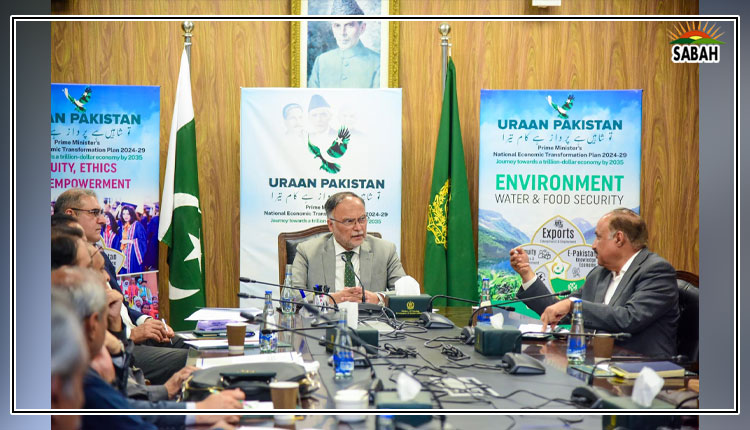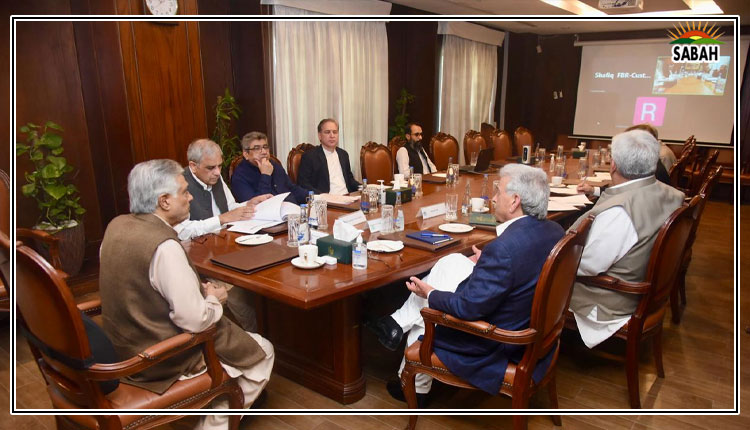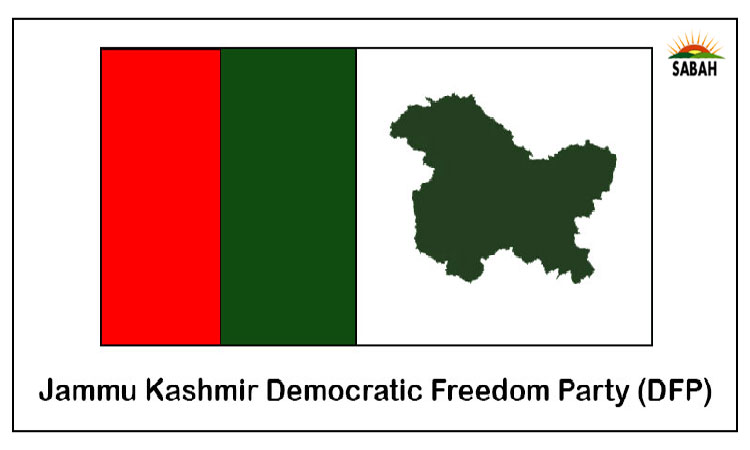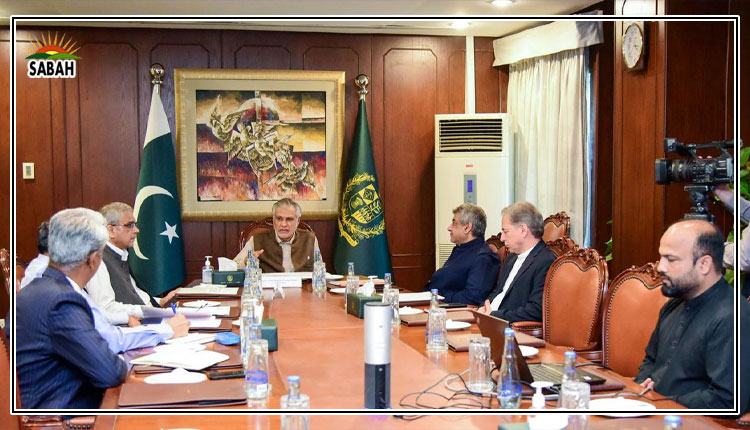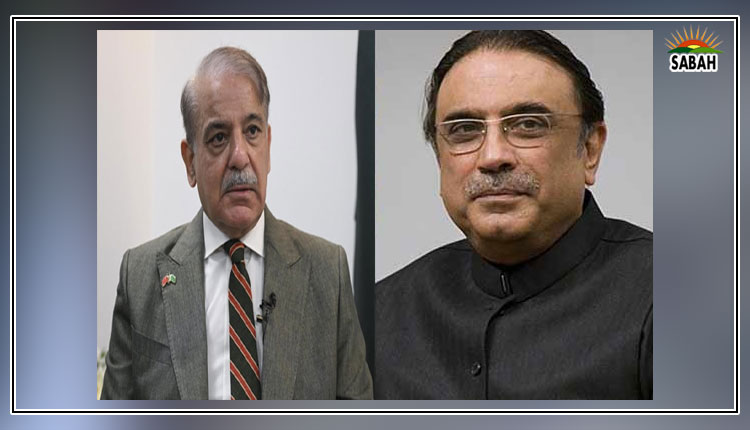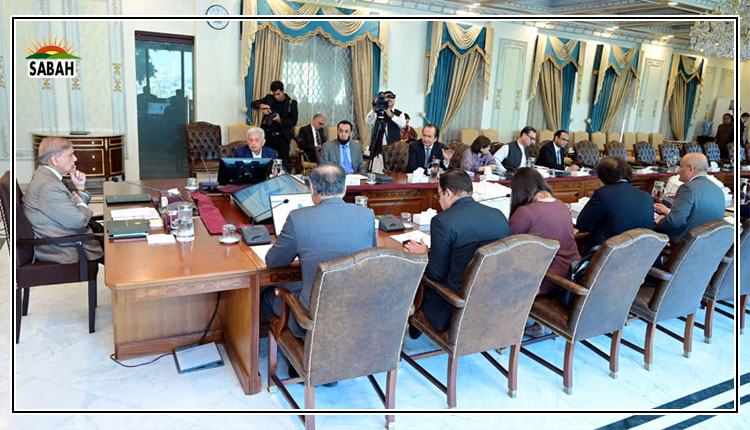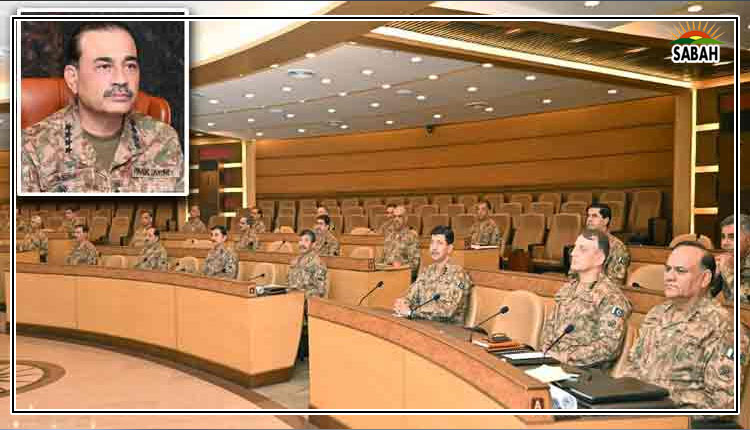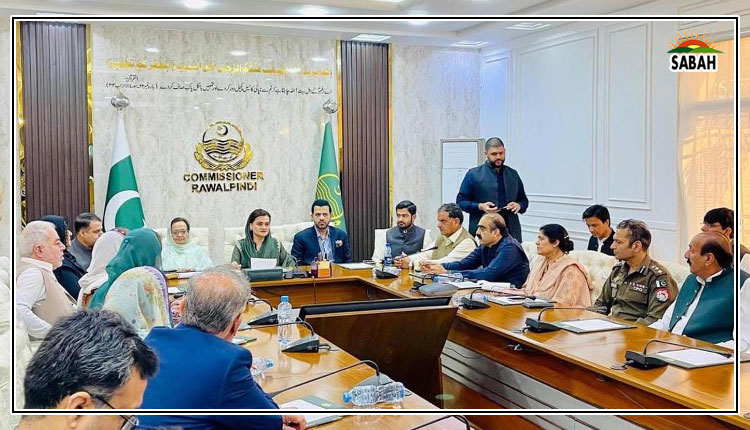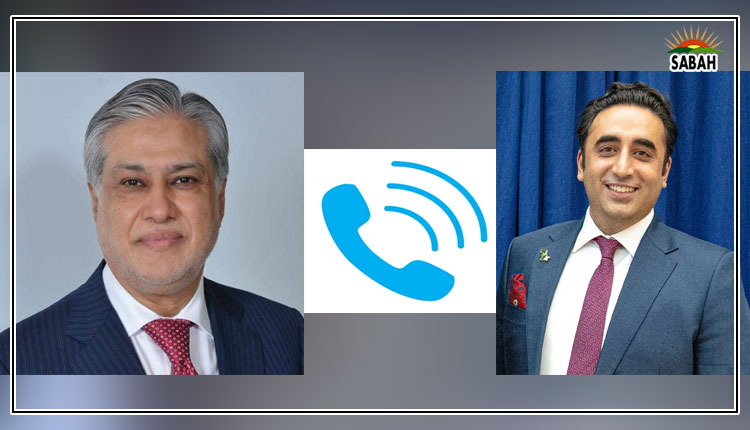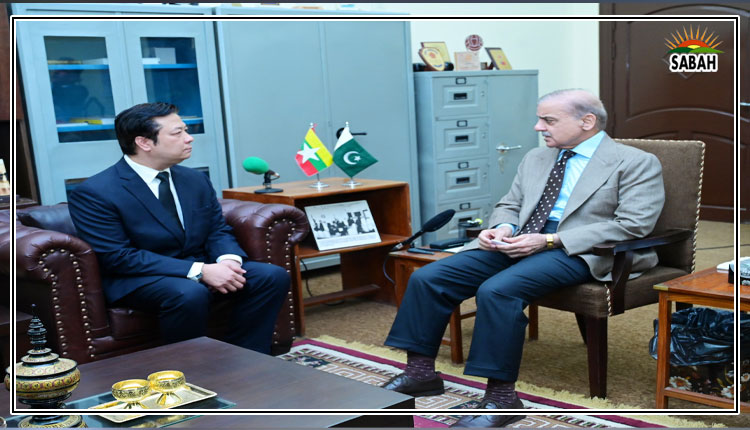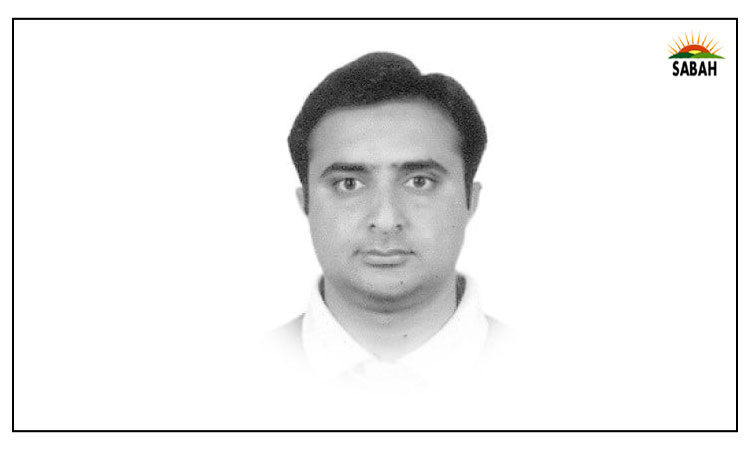BJP 3.0: strategies, objectives and regional policies ….. Dr Khurram Abbas
The June 4 Indian election results were largely anticipated by political pandits. Several reasons such as the anti-incumbency factor, corruption allegations related to electoral bonds, a robust political campaign by the 26-partiy opposition alliance called INDIA were seen as detrimental to BJP’s electoral prospects, but it seems that the Modi factor, BJP’s robust social media campaign, timely electoral alliances with several regional political parties in the South, anti-Muslim and anti-Pakistan narrative for the Northern and Western states and extravagant promises of economic wellbeing of the masses has helped the BJP-led NDA win the 2024 Lok Sabha elections.
India has gone through the longest and largest electoral exercise spanning 44 days. BJP’s narratives, promises, intentions and strategies could be assessed carefully through its electoral campaign and 2024 manifesto. The content analysis of the BJP top brass shares interesting narratives, promises, intentions and strategies to maintain their public support.
For Indian minorities, especially for Muslims, BJP 3.0 is no good news. The political and social marginalisation of minorities, especially Muslims, will continue during the BJP’s third term. In fact, this marginalisation will further augment due to two major policies of the BJP: cultural violence and structural violence. On cultural violence, BJP has promised to dismantle Gyanvapi Mosque in Varanasi and Sahahi Mosque in Mathura to build temples. On structural violence, BJP will not only further implement laws such as Citizenship Amendment Act (CAA) and National Register of Citizens (NRC), it will also likely introduce Uniform Civil Code (UCC) promised in its manifestos since 1998. So while India may economically progress between 2024 and 2029, it is more likely to be socially fractured during this period. Communal tensions and state patronage to hatemongers will further inject insecurities in Muslims community.
For the region, the BJP seems poised to be much more assertive and ambitious to enhance Indian influence in South Asia and Indian Ocean Region. It will likely try to keep SAARC dormant by denying its top body to hold a summit in Islamabad. New Delhi’s aggressive foreign policy posture especially with its neighbouring states will further fuel anti-India nationalism in smaller South Asian states. Pre-poll statements of PM Modi and his cabinet ministers — from External Affairs Minister Jaishankar’s remarks regarding Sri Lankan Island Katchatheevu to Delhi’s assertive claims on Nepal’s territories — have injected fear and anger in smaller South Asian states.
Pakistan will have to face a much more economically stronger and political confident India during the BJP’s third tenure. This politically confident and strategically aggressive political dispensation is likely to go ahead with its aggressive posture regarding its claims about AJK. Likewise, Modi-led BJP’s strategy of extra-territorial and extra-judicial killings on Pakistani soil will continue until Pakistan responds befittingly. The Doval Doctrine, featuring Indian support to terrorist organisations such as TTP and Baloch insurgent groups, will also remain in play.
Unfortunately, PM Modi had gradually picked a warmongering cabinet during 2019, which is likely to continue during 2024-29. Due to this warmongering cabinet, any incident inside India, especially in IIOJK or mainland of India, could potentially exacerbate tensions between the two arch-rivals. BJP’s substantial political asset is based on anti-Muslim and anti-Pakistan sentiment. This is evident is recent speeches of PM Modi, Defence Minister Rajnath Singh and other important members of BJP during the electoral campaign of 2024 elections. It seems New Delhi will continue to augment its political support by igniting hatred against Pakistan and Muslims in India.
To conclude, in its third tenure, BJP will try to enhance its political and strategic influence in the region. At home, it will try to consolidate and augment the Hindutva ideology to further marginalise minorities, especially Muslims.
Courtesy Tribune


